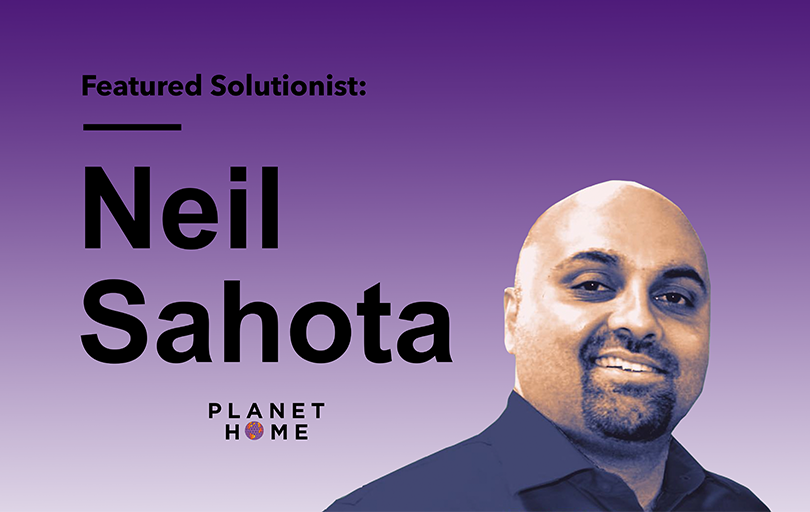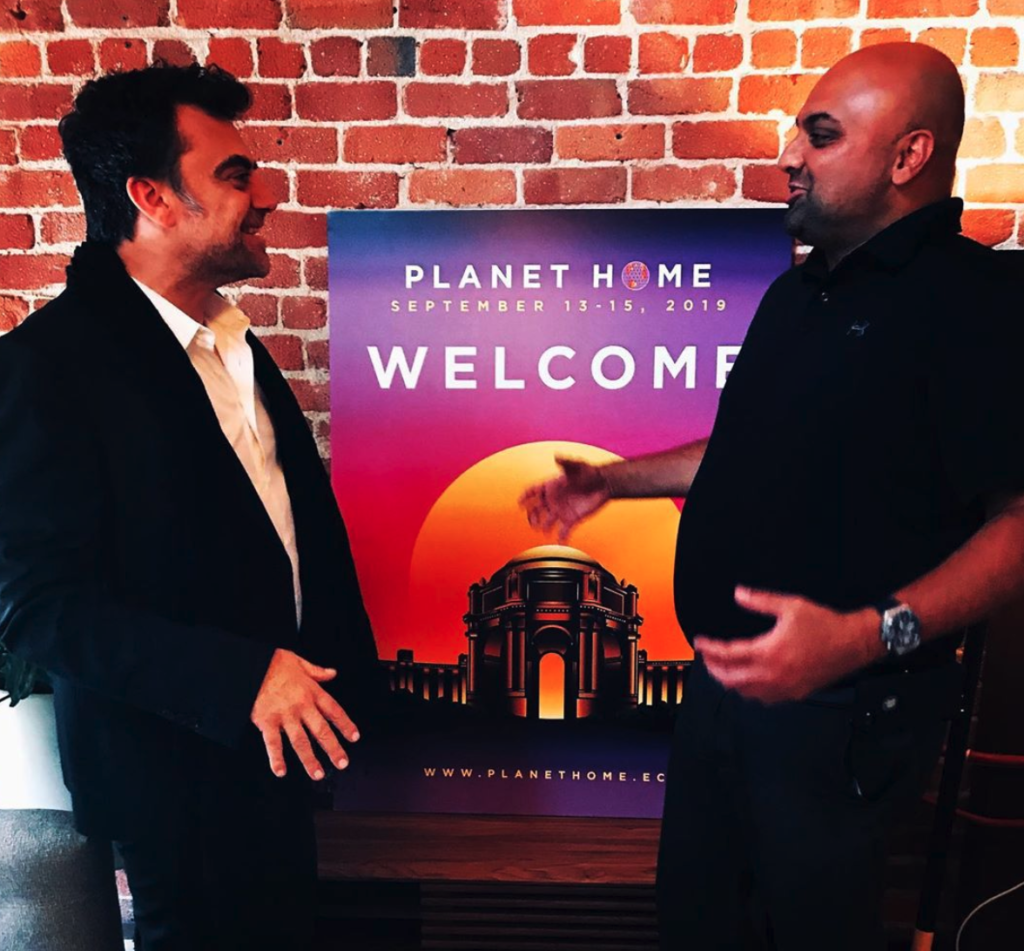How Neil Sahota Uses Artificial Intelligence for Good

When it comes to artificial intelligence (AI), for many people it brings to mind fears of robots taking over the world, not unlike a scene right out of iRobot or Ex Machina. But for AI trailblazers like Neil Sahota, this technology isn’t here to create problems for humanity. In fact, AI has the potential to help us solve some of the planet’s biggest problems.
Neil Sahota: Artificial Intelligence Guru
Neil Sahota is an IBM Master Inventor and one of the creators of the IBM Watson Ecosystem, which empowered organizations to create solutions. Sahota works to develop solutions powered by AI technology like IBM Watson, the supercomputer he helped develop that famously beat out human competitors to win Jeopardy! in 2011. Now, Watson plays a crucial role in a variety of important projects, like predicting crop yields for farms in Africa.
Sahota is also an artificial intelligence subject matter expert for the United Nations (UN), a founding member of the UN’s Artificial Intelligence for Social Good Committee, and a professor at the University of California, Irvine. He partners with clients and businesses around the world to foster innovation through artificial intelligence, developing cutting-edge products and solutions powered by AI that will usher us into the future. His work has made an impact on a wide array of industries, including healthcare, legal services, transportation, energy, and more.

Artificial Intelligence and Sustainability
A valued member of the Planet Home solutionist community, Sahota embodies the belief that AI can play a vital role in helping us develop solutions for a more sustainable world. According to him, AI can power efforts to analyze and better understand the planet to help us create solutions for sustainable food production, circular economies, and even help us combat issues like climate change.
“Consider Evolv Technologies, using AI to develop ‘recipes’ to improve crop production with fewer resources,” Sahota explained in Forbes, “McKinsey published a paper on how AI will accelerate the circular economy by facilitating new product development that could reduce waste in the food industry by $127B a year in 2030!”
Artificial intelligence has the power to help researchers conduct deeper analyses and do so faster, allowing us to generate ideas and turn them into solutions at a rate that will help us meet the urgency of the planet’s most pressing challenges.
“If we teach the AI systems about long-term problems like climate change and pollution, it will keep a watchful eye on how these problems progress,” Sahota says, “If we take it a step further, AI can even identify solutions to mitigate these threats, or, perhaps, even solve them before they become a danger.”
The Artificial Intelligence Eco-Revolution
AI has been around as early as the 1960s, but thanks to major strides made by innovators like Neil Sahota in the past decade, the scientific community has been able to apply this technology in revolutionary ways.
According to IBM, Watson has enabled the development of solutions for water conservation, renewable energy, and sustainable agriculture. For example, environmental analytics company OmniEarth leverages Watson to draw insights from satellite imagery and data to address water shortages in drought-stricken areas. Artificial intelligence allows OmniEarth to process about 150,000 in 12 minutes to pinpoint potential water-wasting activities in order to help over 90 water authority agencies in California target impacted areas.
Meanwhile, Ocean Alliance’s SnotBot uses artificial intelligence combined with drones and analytics to keep a watchful eye on the health of the ocean’s ecosystem. The SnotBot drone follows whale pods to safely collect DNA samples from the mucus released through their blowholes. The data collected tells a story about the whale’s health and the overall health of its ecosystem. Then, AI is used to identify data patterns that help Ocean Alliance understand long-term effects.
The promise of AI is limitless, an encouraging notion for the present needs of our planet. Groundbreaking work by the likes of Neil Sahota inspires hope and, in Sahota’s own words, “Hope is what gets us started.”
Learn more about the future of artificial intelligence by following more of Neil Sahota’s work. Join our network and get to know more solutionists like Sahota and find out about other sustainability solutions.


Leave a Reply